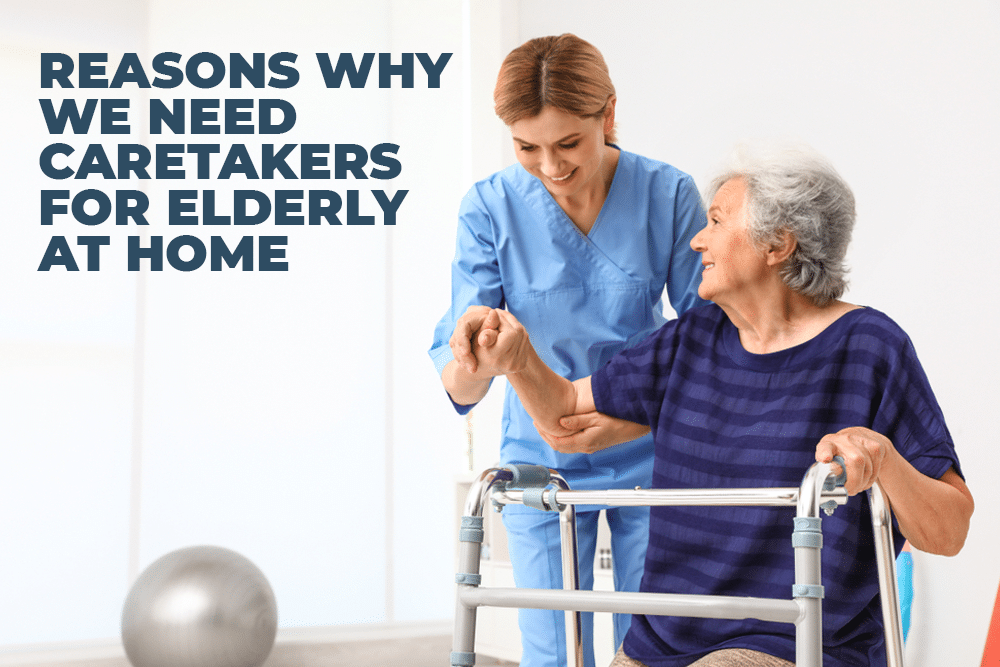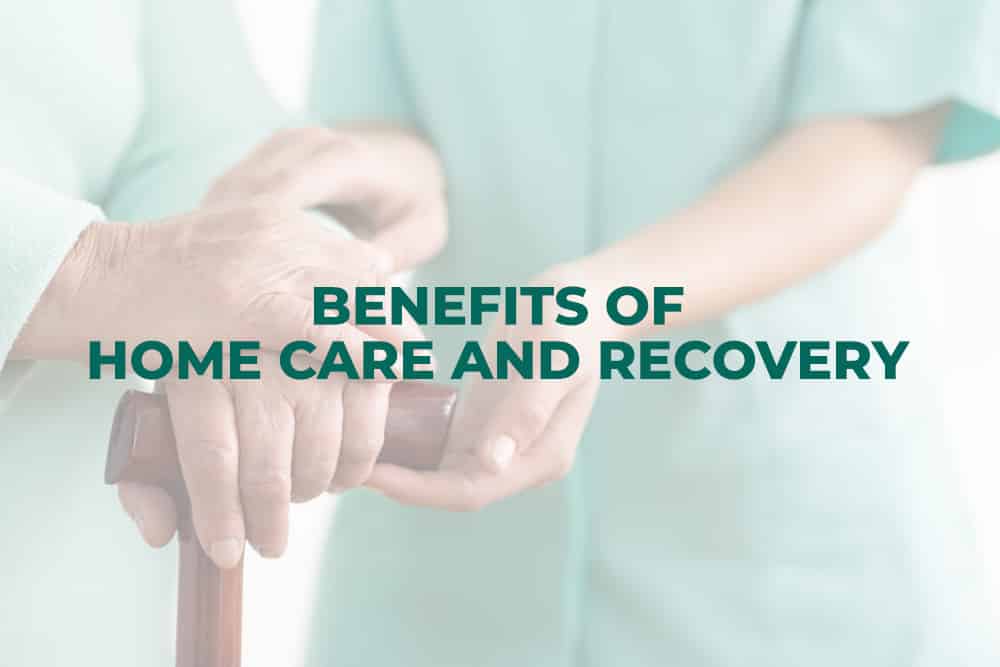A home is a place where people can be themselves. Nothing compares to the comfort of one’s own home. Patient care services assure you of this comfort. Trained professionals at your doorstep in your own comfort zones. Research shows that patients tend to recover better and faster when they are in familiar surroundings, especially their own homes rather than being constrained to a four-wall space.
Hospitals are severely overburdened especially in personalized and critical care. A survey says that 8.3% of total health spending in developed countries such as the US, in India constitutes a mere 3.6% depicting massive headroom for growth. Home healthcare will solve problems by allowing hospitals to focus on critical care needs while also establishing patient care services for both pre-and post-recovery at home. Doctors are also turning up to home healthcare and growing more supportive of home health care services. Receiving one-to-one attention and having a tailored care plan according to the patient’s special needs makes the treatment more effective and builds trust among the nurse at home, the patient, and their family.
As per research, home healthcare or elderly care services can replace up to 65 % of unwanted hospital visits, cost up to 40% less than hospitals, and lower hospital operational costs by 20%. A hospital ICU patient pays around Rs. 35–50K per day, while a similar setup at home costs around Rs. 7.5 –10K per day. Studies have shown that recuperation time reduces by 15% when the patient is at home rather than at a hospital. Home nursing services are also growing in popularity for chronic disorders that require ongoing care like (neuro, stroke, paralysis, ortho, cardiac, diabetes, infertility, and so on), as well as for specific segments (senior citizens, special needs children, patients recovering from surgery etc.) A few years from now patients might get complex tests and diagnostics done at home itself. This will take the real care onto the next level benefiting both: the patients as well as the emerging home health care services in our country.
Home nursing services is a win-win combination for both patients and for various stakeholders, as it is emerging out in the Indian markets. For patients, it offers complete personalized professional care at their own homes offering lower convenience with low pricing as compared to hospitals. And for hospitals, it frees up beds faster allowing them to focus on patients with more severe health conditions. If you are a busy person who needs to conduct house and workplace chores, having a nurse at home who is available 24/7 to take care of your elderly, from personal cleanliness to ensure that they feel comfortable, is a benefit to your fast-paced existence. For patients who are bedridden, home nursing services are the best-personalized services that one can get. As we always want to give only the best for our loved ones.
Even you are relieved that your loved ones are comfortable in an atmosphere that they want to be in. Keeping you rest assured that they are under constant monitoring and under the experienced professional’s guidance, care, and support.






